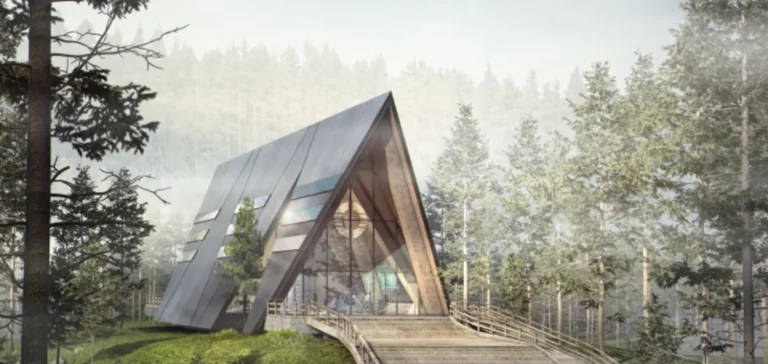US advanced nuclear technology company Oklo Inc has signed a strategic agreement with Swedish firm Blykalla AB, developer of lead-cooled small modular reactors (SMRs). The partnership aims to strengthen technical cooperation across components, non-nuclear supply chains, fuel fabrication, and regulatory processes in both countries.
Presented as a joint technology development platform, the agreement will enable both companies to share material insights, examine joint suppliers for reactor-agnostic equipment, and optimise production schedules and costs. Oklo may supply certain components directly to Blykalla and also handle part of its fuel fabrication, supporting a vertically integrated supply chain spanning the US and Sweden.
Reducing industrial and scheduling risks
The agreement includes Oklo’s commitment to co-lead Blykalla’s next investment round with approximately $5mn, supporting the development of the SEALER, a 55 MWe advanced SMR designed by Blykalla. The SEALER is based on lead-cooling technology developed since 1996 at KTH Royal Institute of Technology in Stockholm.
In parallel, both partners will conduct targeted joint research and development (R&D) efforts and regulatory analysis. The aim is to improve system reliability and reduce lifecycle costs without altering the original reactor designs.
Industrial focus and cross-border coordination
Oklo is developing its Aurora reactors, sodium-cooled fast reactors with capacities up to 75 MWe, intended for industrial, defence and data centre clients in the US.
Executives from both companies highlighted their shared commitment to building a component-sharing ecosystem and helping suppliers plan for scale. The alliance between two distinct SMR technologies illustrates the potential of collaborative strategy amid growing global demand for electricity.






















